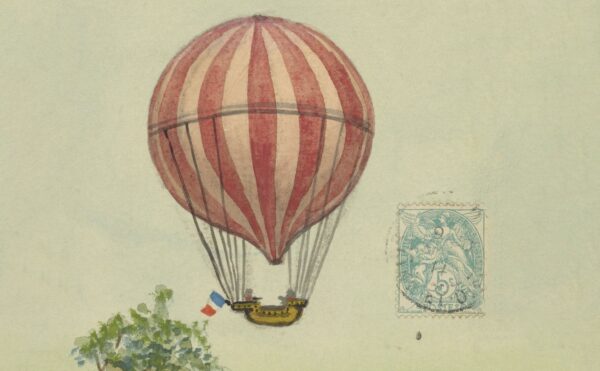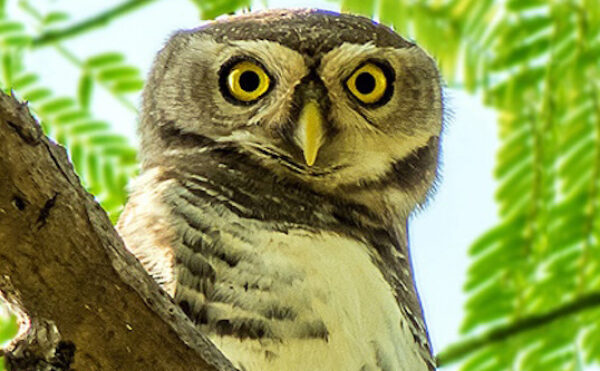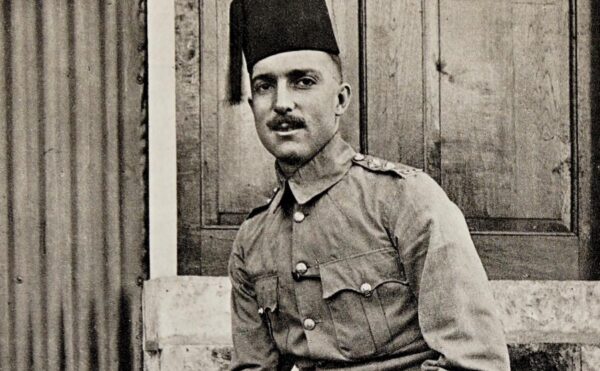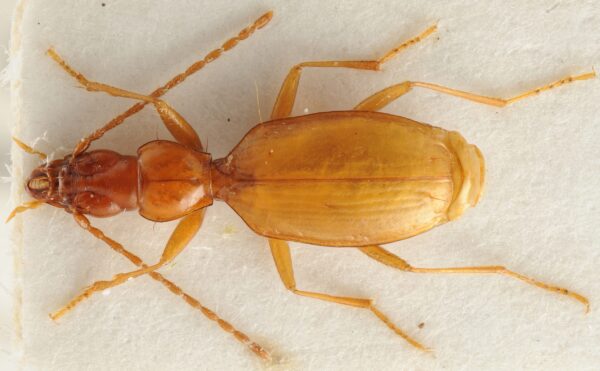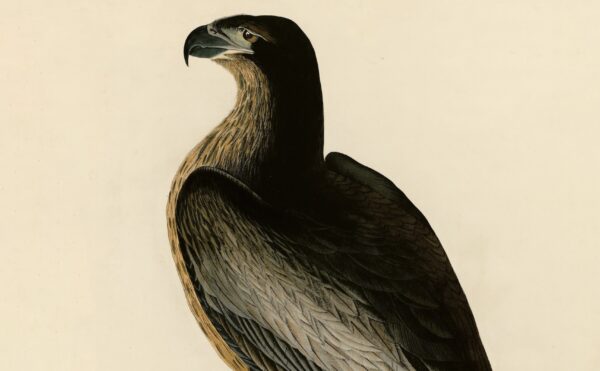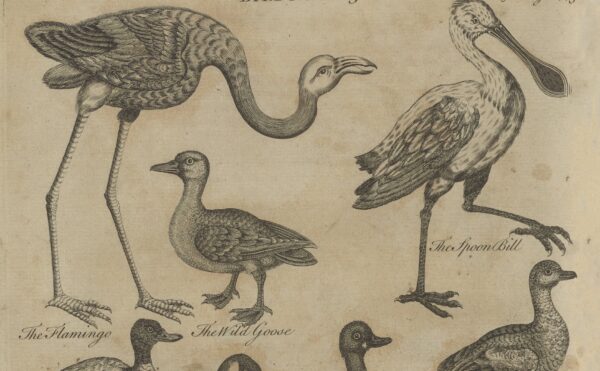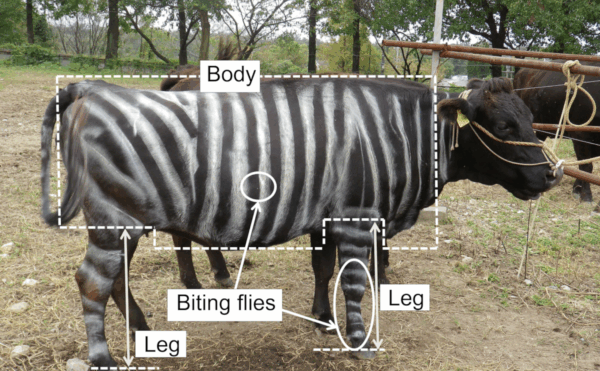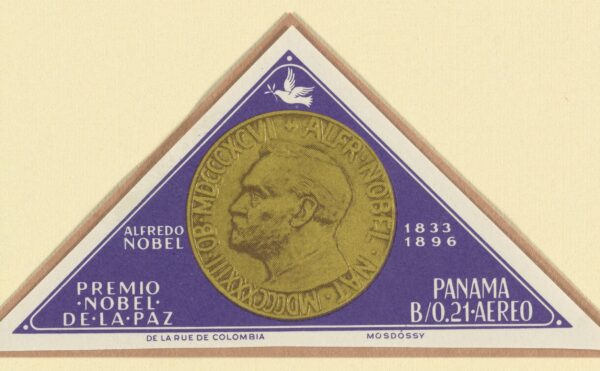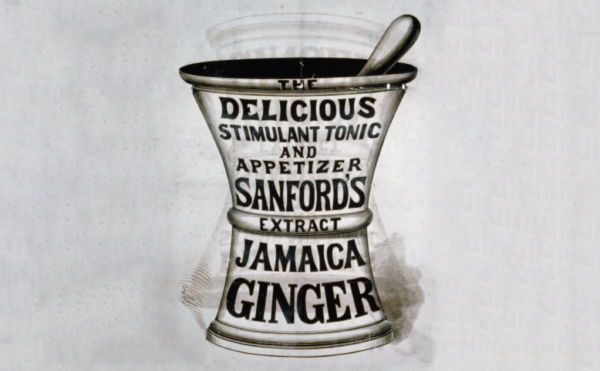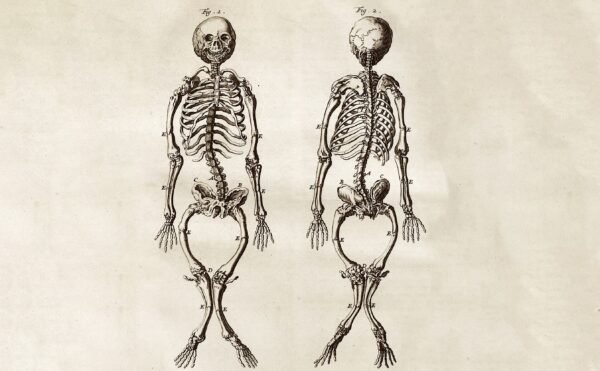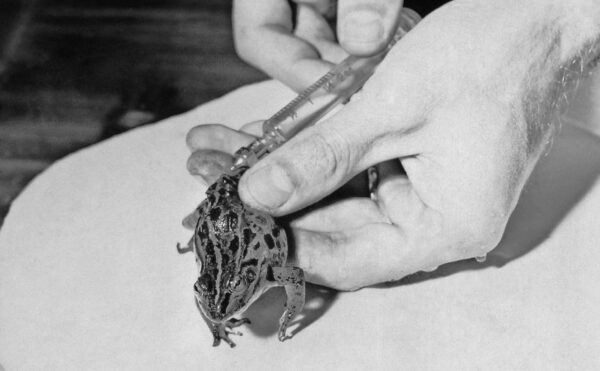The Disappearing Spoon podcast
The Scopes Monkey Trial Publicity Stunt
The story of teacher John Scopes violating the law by teaching evolution is well known. But is it true?
The Disappearing Spoon is Distillations’ sister podcast, hosted by best-selling author Sam Kean. The show examines overlooked stories from our past, such as the dental superiority of hunter-gatherers, the sex lives of dinosaurs, and many more moments that never made the history books. When the footnote becomes the real story, small moments become surprisingly powerful.
The Great Balloon Escape
When Prussia and France went to war in 1870, only one man was given passage out of Paris—in the name of science.
Cringe TV to the Rescue
In the 1970s, a cheesy American medical drama helped make the case for paramedics.
Trickster, Birder, Soldier, Spy: Part 2
The forest owlet was declared extinct in 1972, but after Richard Meinertzhagen’s vast fraud was exposed, ornithologists wondered if they got it wrong.
Trickster, Birder, Soldier, Spy: Part 1
What does the inspiration for the character of James Bond have to do with a bird specimen scandal?
Renaming the ‘Hitler Beetle’
Changing the name of the Anophthalmus hitleri seems like an easy call, but taxonomists have resisted for complicated reasons.
John James ‘Fraudubon’: Part 2
The Bird of Washington catapulted John Audubon into fame and fortune. The only problem? It was a complete fraud.
John James ‘Fraudubon’: Part 1
The discovery of the Bird of Washington made John James Audubon into the most famous naturalist in American history.
The Dignity of the Ig Nobels
Winning an Ig Nobel Prize is largely considered a joke, but its benefits are no laughing matter.
The Nobel Disease
Winning a Nobel Prize is considered the pinnacle of scientific achievement. So why have so many past winners turned to pseudoscience?
When Science Is Used for Evil
Nazism was a society-wide catastrophe, so why did so many people in technical fields in Germany embrace it?
Hotter Than the Dickens
People spontaneously combusting is the stuff of myth, but discoveries about the connections between combustion, blood, and breathing got Charles Dickens’s imagination burning.
The ‘Jake Leg’ Blues
A huge epidemic swept through America, affected tens of thousands of people, and then virtually vanished without a trace.
How Asbestos Fell from Grace
Before we knew it was deadly, this “wonder material” saved lives and remade the world.
Human Photosynthesis
Cod liver oil was an unpopular cure for rickets due to its nasty taste. Then scientists discovered a far simpler cure: going outside.
Darwin’s Self-Proclaimed ‘Stupidest’ Child
Charles Darwin’s work was misused by social Darwinists to justify inequality—work that received significant support from a surprising source: his own son.
The Birds and the Bees and the Frogs
In the mid-1900s, the science of pregnancy prediction had a surprising helper: the Xenopus frog.
The Battle Over the Cause of Down Syndrome
A breakthrough proved that people with Down syndrome have an extra chromosome; it also led to a battle with a would-be saint that raises questions about how scientists determine who gets credit.
The Art of Counting Chromosomes
How did the simple act of counting human chromosomes become a saga that destroyed a friendship and started a battle over the cause of Down syndrome?

